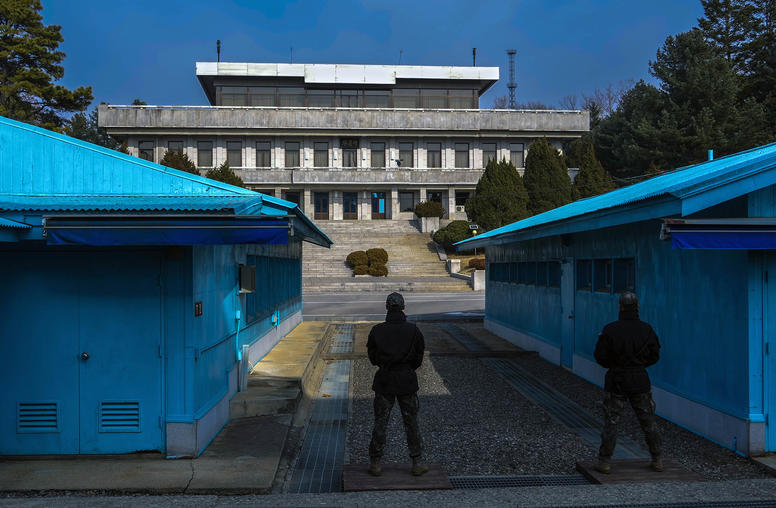Politics & Prose Bookstore and the U.S. Institute of Peace Present Meron Benvenisti
USIP and Politics and Prose Bookstore in Washington, D.C. will co-host Israeli author Meron Benvenisti as he presents his USIP grant-funded book Son of the Cypresses. Benvenisti writes with sensitivity about how the 500-year-old Arab landscape has been transformed into a flourishing Jewish homeland accommodating millions of immigrants. Although encounters between two peoples who claim the same land have raised great moral and political dilemmas, Benvenisti believes that Eretz Israel/Palestine has enough historical and physical space for the people of both nations.
Speakers
- Meron Benvenisti
Author, Son of the Cypresses - Steve Riskin, Introduction
U.S. Institute of Peace



